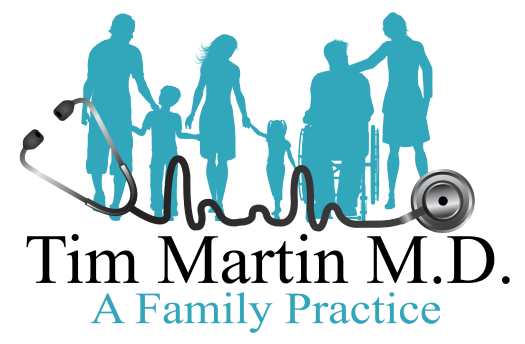Opioid use traces back to the ancient Sumerians. They used opium as a form of anesthesia for surgical procedures. Since then, opioid use has become an increasingly pervasive problem. Opioid dependence is a serious medical issue that can cause devastating consequences for individuals and communities. Those affected by opioid dependence often experience heightened levels of:
-depression and anxiety
-physical pain
-job loss
-financial hardship
-strained family relationships
-increased risk of overdose or death
Overcoming opioid dependence, therefore, should be addressed as a matter of urgency.
Overcoming Opioid Dependence: The Treatment
Treatment approaches vary depending on individual needs but may include medications such as buprenorphine and naloxone (used to prevent opioid overdose) and psychological interventions such as cognitive behavioral therapy (CBT), counseling, or 12-step programs. However, there is no one-size-fits-all approach to opioid dependence, and professionals should tailor treatment plans based on the individual’s needs.
Addressing opioid dependence requires a multifaceted approach. However, you can take some steps to help an individual struggling with addiction.
–Seek professional help. Numerous medical treatment options are available for opioid dependence, including methadone and buprenorphine-naloxone therapy. These medications can help reduce cravings and withdrawal symptoms while allowing opioid-dependent individuals to focus on recovery. Counseling and behavioral therapies such as cognitive behavioral therapy (CBT) can also benefit opioid-dependent individuals as they learn how to cope with triggers and manage their addictive behaviors.
-Create a supportive network of family and friends. This is crucial to provide emotional support throughout the recovery process. Having people who understand what you are going through and can offer encouragement can make all the difference in a successful recovery. It is also essential to find activities or hobbies that bring joy to create positive distractions from thoughts or temptations related to opioid use.
-Have realistic expectations. When it comes to recovery, it’s not always easy and will require dedication and commitment over time. Recovery is a journey rather than a destination, so it is essential to have patience and practice self-compassion throughout the process. Setbacks are inevitable, but they do not define your progress; instead, they should serve as learning opportunities for the future.
You Are Not Alone
Opioid dependence is a serious issue, but it does not have to be an insurmountable barrier to recovery. There are treatments available for overcoming opioid dependence that can make a difference when coupled with support from family, friends, and professionals alike.
Dr. Tim Martin is an experienced professional dedicated to helping those struggling with opioid dependence. With years of experience in the field, he provides a comprehensive approach that includes a variety of resources and tools to help individuals move toward recovery.
Whether it’s developing personalized treatment plans or providing support for opioid withdrawal symptoms, Dr. Tim Martin can create a program tailored to meet your needs. He understands the challenges associated with opioid dependence. In addition, he works hard to ensure that you are comfortable in every stage of recovery. His compassionate yet professional approach will help guide you through this difficult time. Contact Dr. Tim Martin today to start your journey to opioid independence and a better quality of life.
